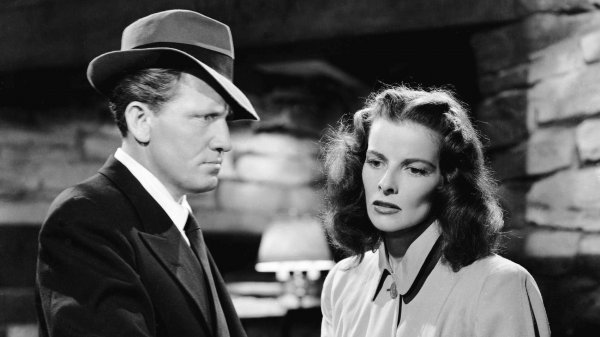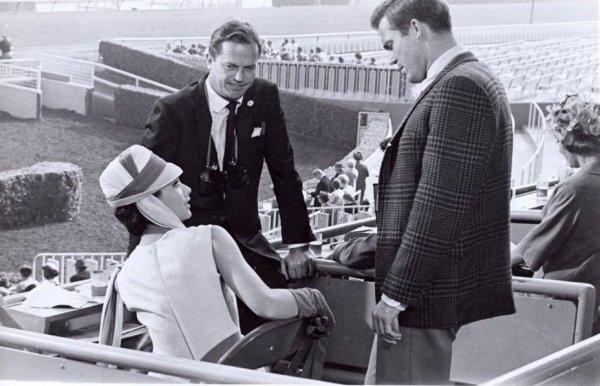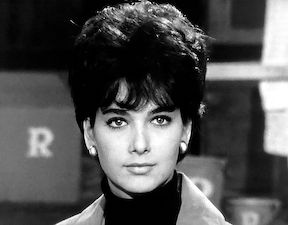MisterCairo
I'll Lock Up
- Messages
- 7,005
- Location
- Gads Hill, Ontario
Youngest daughter away at my sister's, asked our eldest to pick. Chose Four Weddings and a Funeral.
Fun throwaway, but I had forgotten what an awful person Andie McDowell's character is, and why I could never understand why Hugh Grant's character would want to touch her.
Fun throwaway, but I had forgotten what an awful person Andie McDowell's character is, and why I could never understand why Hugh Grant's character would want to touch her.





